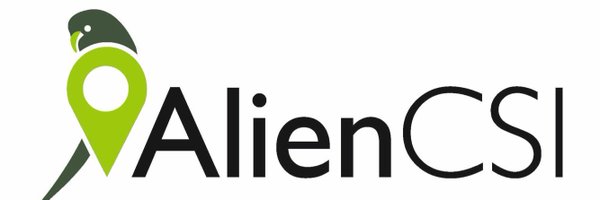CREAF participates in a new COST ACTION to increase understanding of alien species through citizen science
Bernat Claramunt participates in the COST Action AlienCSI to address multidisciplinary research questions to develop and implement citizen science strategies to increase the scientific understanding of IAS ecology and dynamics, specifically informing decision-makers to implement technical requirements of relevant legislation.

Non-native species or ‘alien species’ are species introduced to new regions by humans. Introductions can be accidental (stowaways or escapes), intentional (deliberate release), or facilitated by anthropogenic corridors (channels, bridges, tunnels). Invasive alien species are the subset of alien species that survive in the new region and reproduce, spread and cause damage to the environment, the economy, our health or the way we live. There is no sign of saturation in the accumulation of these species introductions worldwide, and the rate of spread of some species is increasing. The challenges of gathering information on alien species are widely recognized.
Recent developments in citizen science provide an opportunity to improve data flow and knowledge on alien species, ensuring an effective and high quality societal engagement monitoring Invasive Alien Species (IAS). Advances in technology, particularly on-line recording and smartphone apps, along with the development of social media, have revolutionized citizen science and increased connectivity, and new and innovative analysis techniques are emerging to ensure appropriate management, visualization, interpretation and use and sharing of the data.
Citizen science provides an opportunity for everyone to get involved in improving our understanding of IAS ecology.
The COST Action AlienCSI will address multidisciplinary research questions to develop and implement citizen science strategies to increase the scientific understanding of IAS ecology and dynamics, specifically informing decision-makers to implement technical requirements of relevant legislation. It will also support the EU biodiversity goals and embedd science within society. The Action will explore and document approaches to establishing an European-wide citizen science and alien species network. It will embrace relevant innovations for data gathering and reporting to support the implementation of monitoring and surveillance measures, while ensuring benefits for society and citizens, through a citizen science and alien species European network. The Action will, therefore, increase levels of participation and quality of engagement with current citizen science initiatives, ensuring and evaluating educational value, and improving the value outcomes for potential users including citizens, scientists, IAS managers, policy-makers, local authorities, industry and other stakeholders. CREAF will have a relevant role in this action through Bernat Claramunt as a co-leader of the Working Group 5 about cross-cutting citizen science initiatives for IAS across Europe.

As a natural continuation of the COST Action ALIEN Challenge, they will bring together experts from Europe and across the world to work collaboratively to compile and harmonise information about alien species within Europe and to improve data flow and knowledge on alien species through effective and high quality societal engagement, focusing on citizen science.







